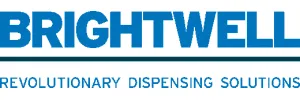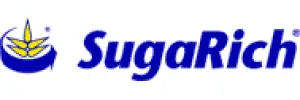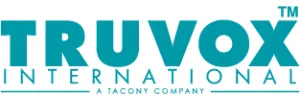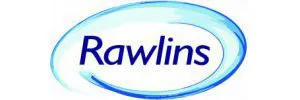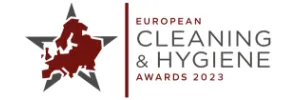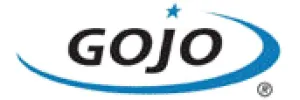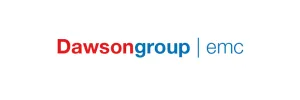News & Insights
Read the latest news from us and our clients across the globe

Posted on 15 May 2012 by adtrak.admin
First ever sanitary waste review conducted by Genesis Biosciences
The first ever sanitary waste review has been conducted by global biotechnology company, Genesis Biosciences, analysing the market and products and technologies available, to help organisations make an informed decision.
The report found that some technologies and treatments used for treating sanitary waste may place service operators and washroom customers at risk of contracting viral and bacterial infections, whilst being ineffective in controlling unpleasant odours.
During use, sanitary protection products can become contaminated with bacteria, viruses and pathogens that can survive in residues left in restroom fixtures. The humid, nutrient rich conditions found within a feminine hygiene unit are ideal to propagate the growth of microorganisms to levels that could pose a threat to human health. The other problem associated with the proliferation of bacteria is that it causes unpleasant odours to manifest.
Report summary
Analysis showed that a vapour phase system provides the most effective means of protection against infections and control of unpleasant odours. Findings also indicated the use of products based on natural volatile plant extracts provide the least harm to humans and the environment. Sheets, cards, powders and sachets are recommended for highly accurate dosing and provide the most cost effective service option, as they are lightweight, easy to carry and take no time to drop into the bin.
Treatment Options
Historically, large volumes of liquid disinfectant were used to treat feminine hygiene units, but this led to an increased weight of material requiring disposal and there are concerns regarding the long-term effectiveness of liquids once they are absorbed into the sanitary waste bin.
Other sanitising products are based on gas-generating systems which produce, for example, sulphur dioxide, which then penetrates and disinfects waste. However, there is some doubt about the control of the release of the gas, as well as health and safety concerns, which has led to this technology being banned in a number of countries.
Some new products incorporate anti- microbial technologies, but many of these rely on different modes of ‘contact disinfection’ in order to work effectively. As waste accumulates in the bin, only surfaces which are able to come into direct contact with the anti-microbial agent for a sufficient length of time will be neutralised.
Standard methods for assessing efficacy should be reviewed and updated
Standard methods for assessing a product’s anti-microbial efficacy, such as EN 1276, may need review, as they rely on hard surface contact disinfection testing. They do not accurately assess the bactericidal efficacy on porous surfaces or surfaces/waste which are not in direct contact with the active agent. Furthermore they only assess efficacy over a limited timeframe and not the full service cycle, which can be up to eight weeks.
Other factors which need to be considered are devices or product designs that inhibit direct contact with the anti-microbial technology such as sharp bends or small surface area to volume ratio which will decrease disinfect efficacy. Failure to adequately clean surfaces will also decrease efficacy.
Innovative new options
Recognising the limitations with products available in the market place, Genesis Biosciences has developed the Biosan Series, including e card and P-Max sanitary bin sanitisers both with advanced vapour technology, which it is showcasing at ISSA/Interclean.
P-Max and e card are natural anti-microbial products which eradicate bacteria within sanitary units. Based on patented technology, both products also release a pleasant aroma in the surrounding washroom. In addition, e card is derived from sustainable materials and will biodegrade when disposed of. The product recently won an innovation award in the chemical products category last year at another international exhibition for professional cleaning technologies.
“Our team is honoured to be recognised by industry experts for our cutting-edge technology and innovative approach to the research and development instrumental in the creation of effective antimicrobial products for professional cleaning,” stated Conrad Mielcuszny, president and chief executive officer of Genesis Biosciences.
“At Genesis Biosciences, we are committed to constantly evolving and improving our technology to bring value to our customers, whilst ensuring our products are environmentally responsible and safe to use.”
For more information about Genesis Biosciences come along to stand 03.307A at ISSA/Interclean or call +44 (0)29 2079 1185 and visit our website www.genesisbiosciences.com
Experts in Public Relations Services & Communications Management
Our ServicesGenuine industry specialists in cleaning and hygiene, environmental and recycling, and facilities management
Our Sectors
